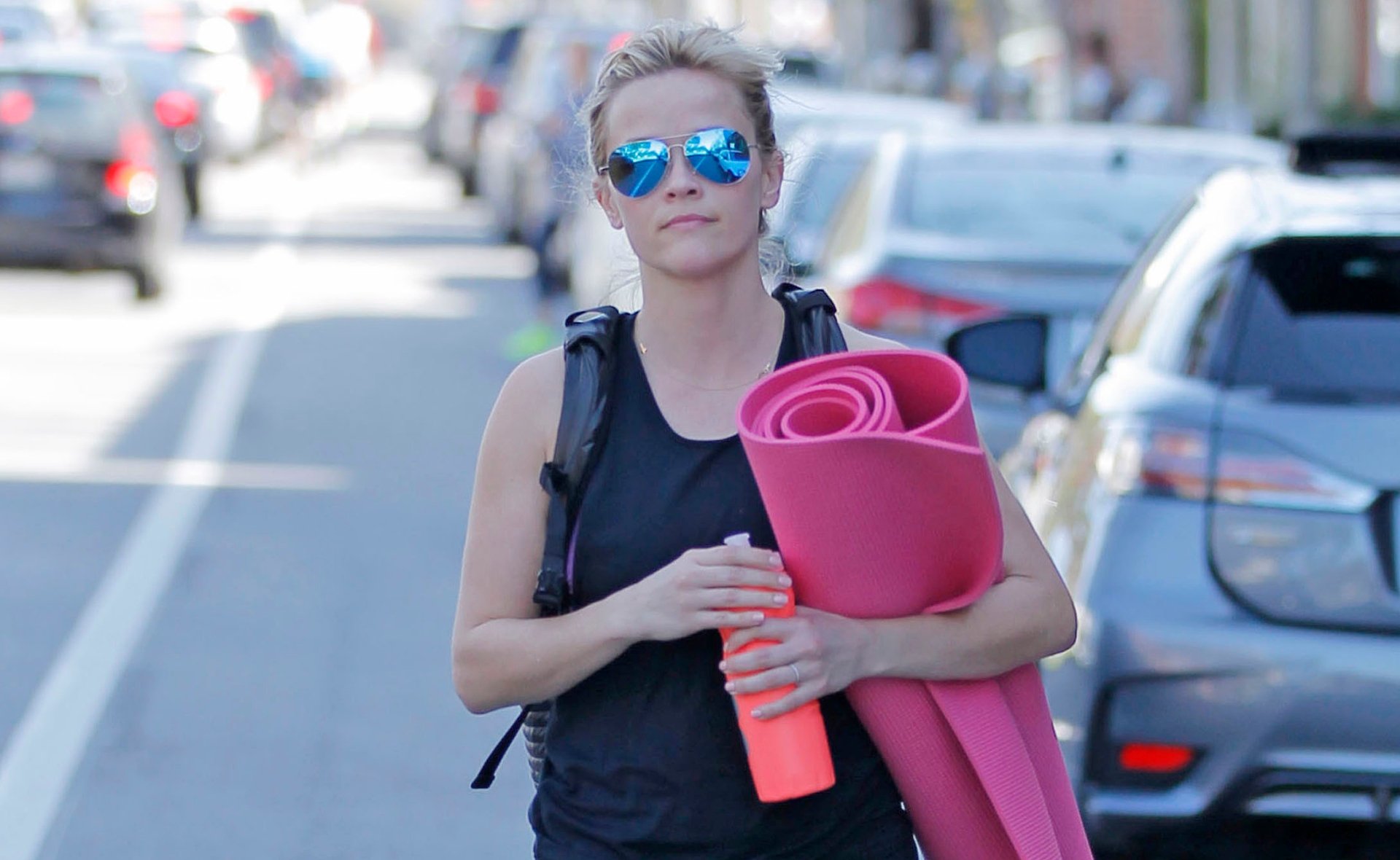How many times a day do you think to yourself, “I wish I had more sleep?” It’s the question on the mind of half of the population in Australia who don’t get the recommended seven to eight hours of sleep every night.
Most people blame work for not getting enough shut eye, so Woman’s Day has partnered with MYER to show you how to catch more Zzz’s.
Harvard Medical School researchers have outlined the cost of not getting enough sleep and how you can make sleep a priority in your life. This is what they recommend.
Although half the population complain of lack of sleep, everyone’s sleep needs are different as they are based on genetics and age. Some people have a preference for waking up early (sometimes referred to as “larks”) while others tend to stay up late (referred to as “owls”).
Our internal clock which determines many things, such as when we sleep and wake, varies slightly between each person. Some people’s clocks may work faster allowing them to rise early, while others tend to run slower causing them to go to bed later.
You can determine how much sleep you need by asking yourself when you get tired and when you are most alert. Understanding your own body’s need for sleep will help you to determine how much sleep you will need.
After determining how much sleep your body requires it’s time to get your sleeping patterns under control. Medical director of Harvard’s Sleep HealthCentres, Dr Lawrence Epstein, says that sleep needs to be made a priority like good health and exercise.
“People have to understand that sleep is one of the basics of good health, along with diet and exercise. So it’s important that they set aside enough time to get an adequate amount of sleep,” he says.
“I also tell them to adopt an overall healthy lifestyle. People who are fit, who exercise regularly, and who are in good shape sleep better.”
A lot of people steer clear of change but a small changes can go a long way when it comes to getting a good night’s sleep. The first thing to do is assess your life. How you spend your day will affect your night and vice versa.
Here are Dr Epstein’s top 10 tips for getting a good night’s sleep:
1. Say no to caffeine, alcohol and nicotine –
All of these chemicals interfere with sleep patterns as they stimulate you and keep you awake. Things like coffee, tea, chocolate, cola, and some pain relievers should not be taken four to six hours before going to bed.
2. Set a relaxing mood –
Why do bats escape to caves during the day for sleep? Because the quiet, cool, dark place is the perfect sleeping environment. To achieve this at home, lower the volume of outside noise with earplugs, use heavy curtains, blackout shades, or an eye mask to block light and keep the temperature comfortably cool. A comfortable mattress and pillows will also help.
3. Set up a pre-sleep routine –
An hour before you go to bed, take time out to unwind from the day. Ideal ways to relax include taking a bath, reading a book or practise relaxation exercises. Things like doing work or discussing emotional or stressful issues are not ideal to help with sleep and should be avoided late at night. If you have trouble switching your mind off, keep a note pad and pen next to your desk to write things down.
4. Sleep when you are really tired –
Forcing yourself to fall asleep will only cause frustration, so if you’re not asleep 20 minutes after going to bed, get back up. Try going into another room and doing something relaxing like reading or listening to music until you are tired enough to sleep.
5. Don’t watch the clock –
Dr Epstein says According to research , having a clock by your bedside can cause stress when you are trying to fall asleep or if you wake up in the middle of the night. When you are trying to fall asleep turn your clock face away from you.
6. Exercise promotes a restful sleep –
Exercise can help you fall asleep faster if it is done at least three hours before you go to bed. Exercise helps to stimulate the body to secrete the stress hormone cortisol, which helps activate the alerting mechanism in the brain. This is great for the body, but not when it is trying to sleep!
7. Have a sleep schedule –
Going to bed and waking up at the same time will set your body’s internal clock to know when to expect sleep and when to wake up. Try to stick as closely to this as possible during the week and on the weekends.
8. Nap early or not at all –
If you make naps a regular part of you day be sure to do it in the early afternoon and for a short period of time. If you don’t, staying asleep during the night will prove to be problematic.
9. Lighten up on evening meals.
It’s important to finish dinner several hours before you head to bed. It’s important not to eat foods that cause you indigestion. If you do get hungry before you sleep know your body and try to snack on foods that won’t disturb your sleep.
10. Balance fluid intake –
Again, it’s important to know your body and drink enough to keep you hydrated throughout the night but not too much. You don’t want a trip to the bathroom disturbing your sleep.
With today’s bedding technology, there’s no reason why you can’t achieve a good night’s shut-eye. Modern beds are equipped with the latest features such as new spring technology, climate control fabrics and supreme foam cushioning. Myer is able to provide you with all the information you need to ensure you have a restful night.
Visit your nearest Myer store or visit the website at myer.com.au/loveyourbed to speak to their bedding specialists on ways to improve your sleeping.
Brought to you by Myer.




